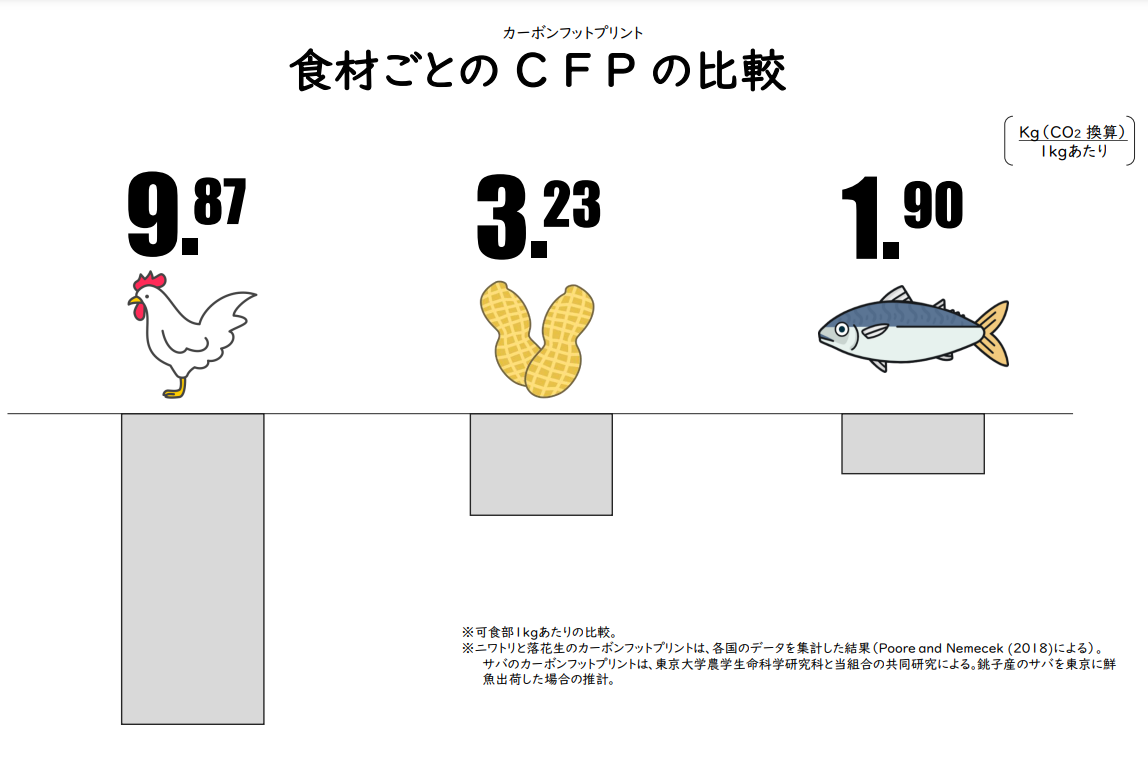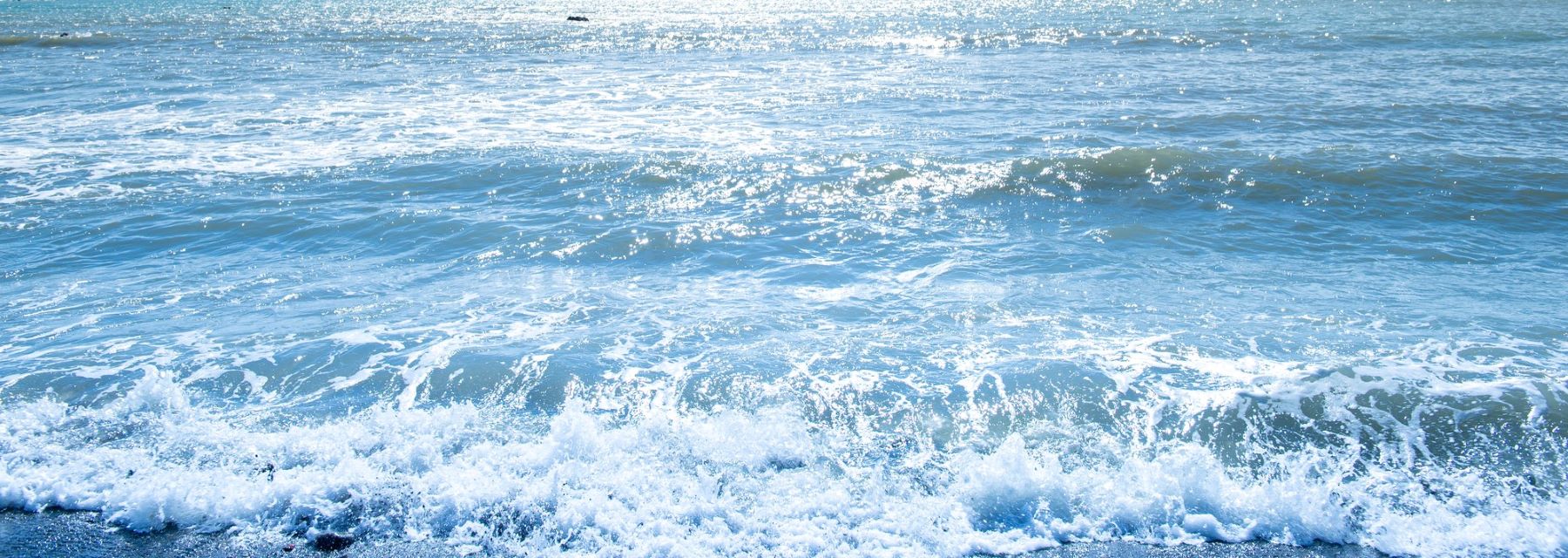Introduction
Our cooperative operates out of Choshi ( Japan’s top fishing port, situated 100km to the east of Tokyo) and consists of 19 companies involved in various aspects of the fish industry, including shipping out fresh fish, salting, packaging and processing.Our goal is to work on sustainability within our industry on the precept that fish caught in the open seas are not only fresh and nutritious but also have less of an impact on the environment than meat products. With this in mind, we formed a team of young employees (All Choshi Working Team for Sustainable Issues) to study the three major areas within this goal: well-being, hunger and environmental impact.
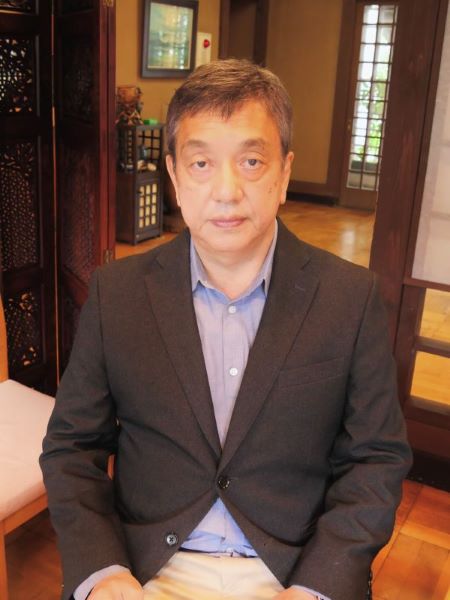
All Choshi Marine Products Processing Cooperative
All Choshi Working-Team for Sustainable Issues
Representative Ryoji Matsuoka
Choshi Mackerel..
-
01
Less GHG emissions.
We estimated the carbon footprint (CFP) of processed marine products for the first time in Japan, in cooperation with the University of Tokyo Graduate School of Agricultural and Life Sciences.Shipping 1kg of mackerel from Choshi to Tokyo emits 1.91kg-CO2e (total greenhouse gas equivalent to CO2), in comparison to peanuts (2.5kg-CO2e), and soymilk ( 0.9kg-CO2e)*.
* Source: Poore and Nemecek (2018). Reducing food’s environmental impacts through producers and consumers. Science.
-
02
More health benefits
The Pacific near Choshi, where warm and cold currents meet, is a prime fishing area, rich in nutrient-dense plankton. This environment yields abundant blue-backed fish like mackerel and sardines, high in essential fatty acids. For example, 1kg of mackerel contains 2,300mg of DHA, which aids memory and body balance, and 1,600mg of EPA, beneficial for immunity and alleviating various health issues. Consuming these fish correlates with a healthier lifestyle.

-
03
No consumption of cultivated crops
Fish caught in the open sea do not require feeding with cultivated crops. In contrast, 4 kgs of grain are required to produce 1kg of chicken and 11kgs for 1kg of beef. As the global demand for meat products increases, the demand for grains may surpass production.Fresh fish is a resource which can be sustained almost permanently with proper management techniques and can therefore be considered an important resource for combatting the problem of hunger.
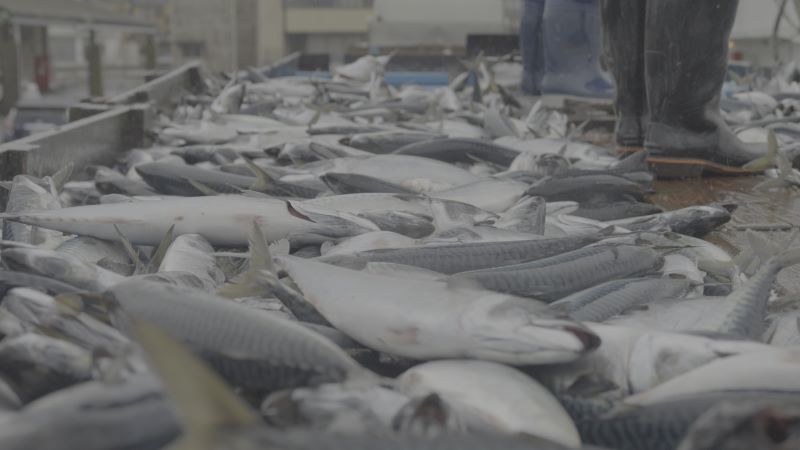
Things we value..
The All Choshi vision for 2030
The materiality assessment carried out by our team identified three key areas essential to our continued success as a regional force working towards a sustainable future.
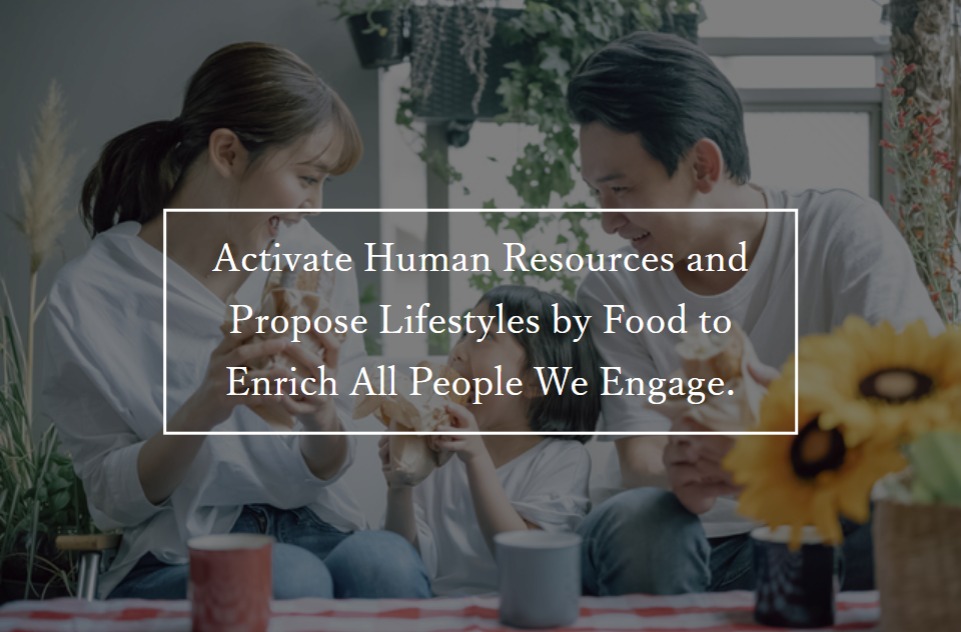
Our products are born through the efforts of many people. In order to maximise the power of our human resources, we need to provide a comfortable working environment. We also need to promote the value of our products and make consumers aware of the benefits of a healthy lifestyle.
We aim to do this by…
- 1. Improving the working environment of all employees.
- 2. Reforming management by realising the potential of young employees.
- 3. Promoting the physical and mental benefits of consuming processed marine products.
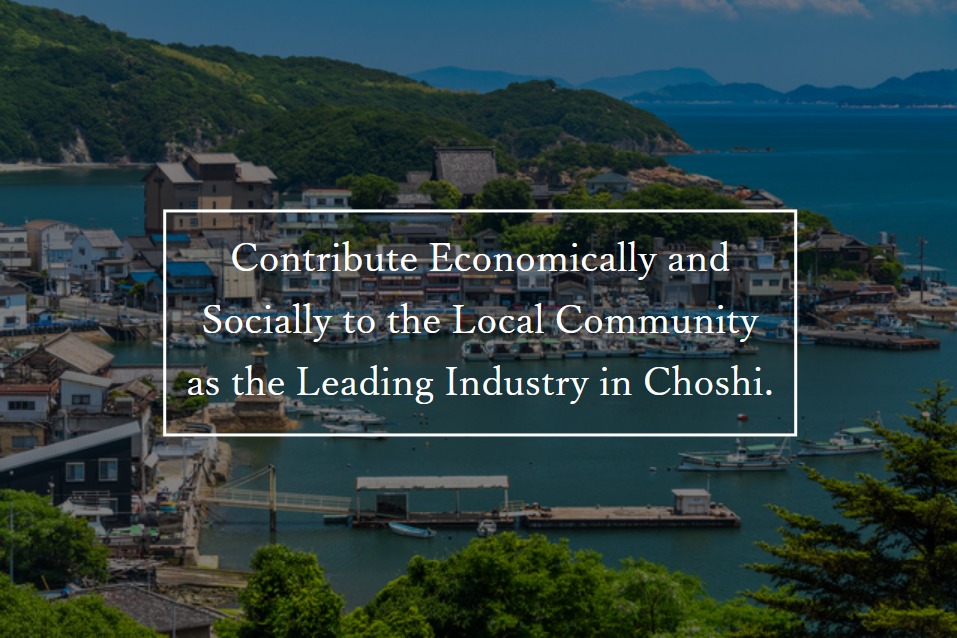
Choshi has been one of Japan’s biggest marine products processing areas for over 300 years. As representatives of this rich heritage, we believe we have a duty to contribute to the development of our community.
We aim to do this by…
- 1. Improving work opportunities for young people through training programmes.
- 2. Working together towards increasing sustainability in the region.
- 3. Contributing economically and socially to the local community by increasing our profits.
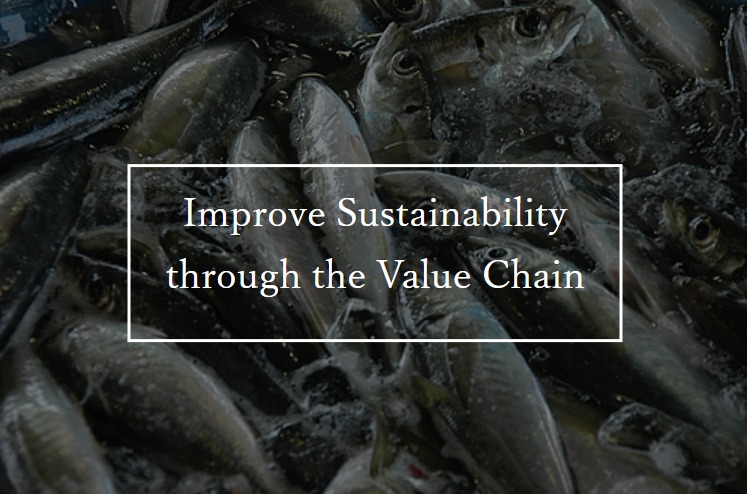
We are committed to managing fishery resources to ensure the future availability of naturally caught fish. We will also work towards reducing our carbon footprint during production and transportation.
We aim to do this by…
- 1. Contributing to natural resource management by practising responsible fishing.
- 2. Reducing the impact on the environment by saving energy and resources during production.
- 3. Reducing our carbon footprint and being transparent about our findings.
Process of identifying issues
Three workshops were held between August 2022 and February 2023 during which the team discussed important social, economical, and environmental issues from the perspective of consumers, business partners, employees, stakeholders and the local community.
SDGs Efforts..
We cherish our commitment to sustainability as a way to contribute to the Sustainable Development Goals (SDGs). By valuing environmental consideration and ethical conduct, we hope to steer our business in alignment with these global objectives. Our aim is to help create a better future for our planet and society.

Information
- 2024/1/22
- The website 'Let's start a Lighter Lifestyle with Choshi's Fish!' has been launched.
View a website
- 2023/11/2
- It was featured in the Choshi-city newsletter.
Read the feature article.
- 2020/2/1
- Our efforts were featured in the Suisan-Keizai Daily News.
Link of the Suisan-Keizai Daily News
- 2020/1/1
- We participated in the Japan Academic Conference public symposium 'Prospects for a carbon-neutral future from fisheries' as a speaker.
Link of the Japan Academic Conference public symposium
About Us
| Name | All Choshi Marine Products Processing Cooperative |
|---|---|
| Address | Kawaguchi-cho 2-6529-4, Choshi-city, Chiba-prefecture, Japan. |
| Tel | +81(0)-479-25-4800 |
| Business | Frozen stroge service and advisory for cooperative members. |
| Members | 20 companies from the city of Choshi. |
* This cooperative was set up as a medium of collaboration for marine products processing companies situated in Choshi.

